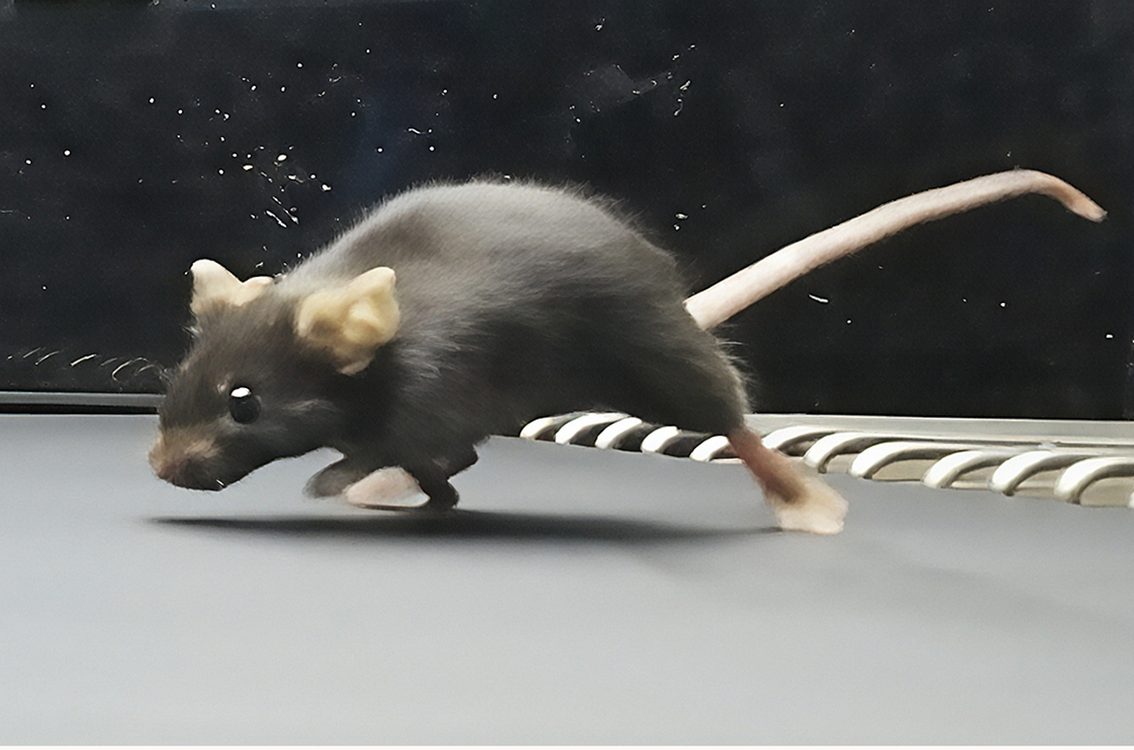The human microbiome – the cultures of microscopic lifeforms which live inside us, is proven to have all manner of different effects on the human body. Part of the rapidly evolving literature on the human microbiome is a new study from Deakin University, Australia, which demonstrated that food allergies in children seem, along with other diseases like asthma or wheezing, to be greatly influenced by the presence of a bacterial species called Prevotella copri.
The modern increase in rates immune diseases like asthma, eczema, and food allergies has been theorized as coming from a change in dietary patterns associated with a continuing departure from ancestral diets high in fiber, towards modern diets thus deficient.
In fact, one study of maternal mice found that a high-fiber diet created a distinctive microbial composition in the mouse’s gut microbiome that produced a lot of the short-chain fatty acid acetate. This acetate led to a marked decline in allergic airways disease, a condition quite similar to human asthma.
Furthermore, numerous studies have shown a correlation between obesity and asthma, as well as asthma, and more severe asthma, with a low consumption of fruits and vegetables.
It’s clear than that asthma and diet are related, but what about allergies?
Bacteria and Birth
During pregnancy, the mother’s gut microbiome has an important role in stimulating and even creating immune development. Very simply, mother’s pass a sample and blueprint of their own microbiome onto their children.
Perhaps unsurprisingly then, it has been suggested that the absence of specific bacterial species may be associated with an increased risk of immune-related diseases.
In an Australian birth-cohort of just over 1,000 mothers, Peter Vuillermin et al. found that children of mothers whose diet was high in fiber, and who carried the gut bacterium Prevotella copri were less likely to develop food allergies.
P. copri is much more common in the microbiomes of those who live a more ancestral lifestyle. It, like the bacteria in the guts of the pregnant mice, also fermented dietary fiber, also known as complex carbs, or polysaccharides, and turned it into the short-chain fatty acid acetate.
However Prevotella copri also produces the fatty acid succinate, which was found in a study to stimulate innate cellular immune development and the sensing of immunological danger.
While vegetables are completely superior sources of fiber, the researchers found that fat, like what would be found in these coconut chips, is also important for pregnant mothers.
Public Health Implications
“Our findings have clear implications for public health, given the burden of allergic disease,” writes lead author Peter Vuillermin. Indeed the detection of Prevotella copri was as high as 80% in mothers, while the absence of this bacteria in terms of causality, seemed to be responsible for a more than 50% higher risk of food allergies, the most common of which were eggs, than peanuts and cashews, and finally cow’s milk.
Substantial carriage of P. copri in the microbiome conferred an 83% reduced risk for food allergies in offspring, while in one of the cohorts, a substantial presence of this microbe resulted in a complete absence of atopic wheezing, another condition the scientists controlled for.
Dermatitis, was found in another study, to be similarly reduced in those infants with P. copri present in their mother’s microbiome.
While there was no relation between presence of P. copri in the mother’s stool samples and the amount of dietary fiber they consumed, examination of the combination between high dietary fat and fiber consumption found that infants of mothers with a diet containing greater than 22.4 grams per day of fiber and greater than 77.3 grams per day of fat, were almost 95% less likely to develop food allergies.
More research is needed, as any good scientists would tell you, but it’s rare that investigative studies like this produce such a compliment of strong results, and could, as Dr. Vuillermin wrote, have legitimate public health implications.



